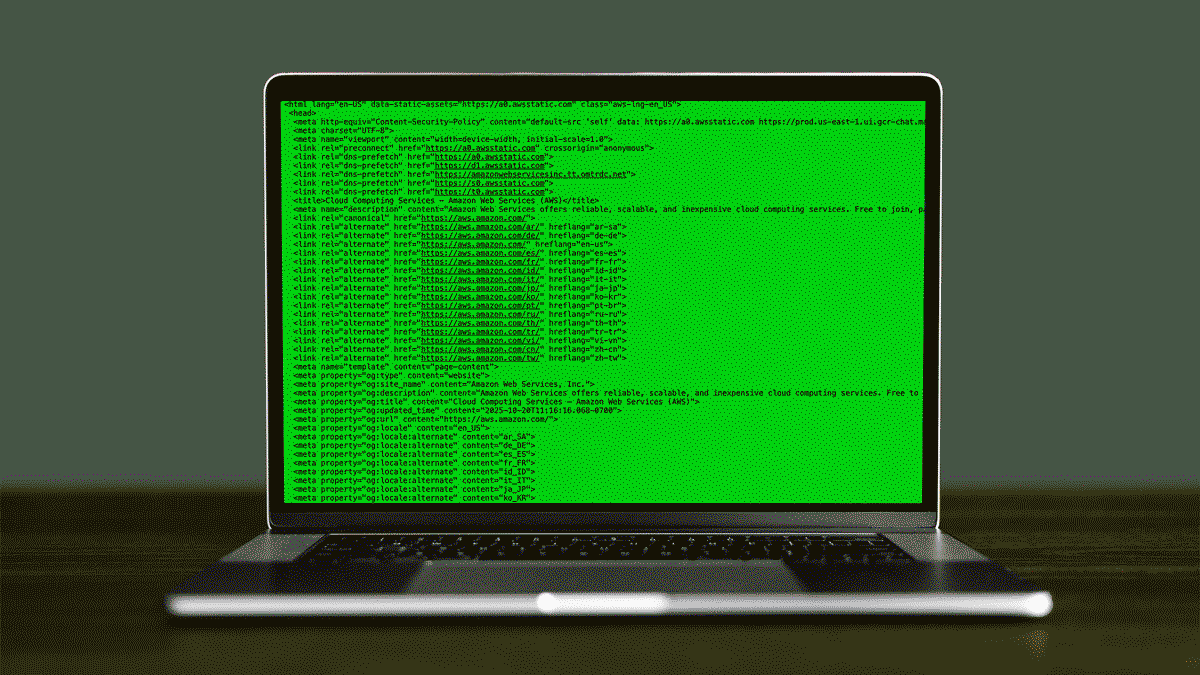"You should feel weird" about Amazon listening to what you say to Alexa, tech expert says
Amazon workers are listening to what you tell Alexa, a Bloomberg investigation revealed. Amazon reportedly employs thousands of people worldwide -- from Boston to Romania -- who listen to voice recordings captured by the company's digital assistant.
So is there a legitimate business reason behind the practice?
"They're trying to make it better," CBS News contributor and Wired editor-in-chief Nick Thompson said Friday on "CBS This Morning." "When you say you want wrapping paper added to your list and it hears raccoon paper, or whatever it hears, it likes to go back to human and see why it made a mistake or why it gave you the wrong answer. It is trying to improve the service."
"Lots of artificial intelligence systems do this," he said. "They have machines give you answers. They have the humans check it. They feed the human's checking back in the machine. The machine gets better."
While their intentions may be to make the Alexa digital assistant better, Thompson said "you should feel weird about it."
"It is really, really weird," he said. "And they say there is no identifiable information, right? They don't tie it to your name. But what if we're talking, and I say, 'Hey, Alexa, give this to [CBS News'] Major Garrett. Major Garrett's being difficult on set.' That's pretty identifiable and the person's going to listen to it and know what's going on."
Amazon released a statement that said, in part: "We only annotate an extremely small number of interactions from a random set of customers in order to improve the customer experience. … We have strict technical and operational safeguards, and have a zero tolerance policy for the abuse of our system. Employees do not have direct access to information that can identify the person or account as part of this workflow."
Two workers told Bloomberg they heard cases of possible sexual assaults in the recordings, which raises "an interesting conflict," Thompson said.
"So maybe Amazon should have identifiable information in extreme circumstances if there is a warrant, so you can tie it back. But if you do that, then everybody should be much more weirded out about their privacy. A very complicated tradeoff there," he said.
Thompson said people need to be more aware of the implications of owning these devices.
"If you choose to have one of these devices in your house, you are putting a recording device in your house," he said, adding, "It will give you great benefits: timers, weather, answering questions. But regardless of whether a human is listening to it, we all know that machines are looking at it. We all know that the data is being fed back into the huge system of Amazon. You need to be aware of what the trade-offs are."
How to opt out of this feature
There are ways to try to protect your privacy while using digital assistants like Alexa, but "Amazon does not make this easy," Thompson said.
You can go into the Alexa app on your cellphone and click on Settings. Then go to Alexa Account, and Alexa Privacy. You can either delete your data in the "Manage Smart Home Devices History," or opt out of having voice recordings and messages used to develop the platform in "Manage How Your Data Improves Alexa."



